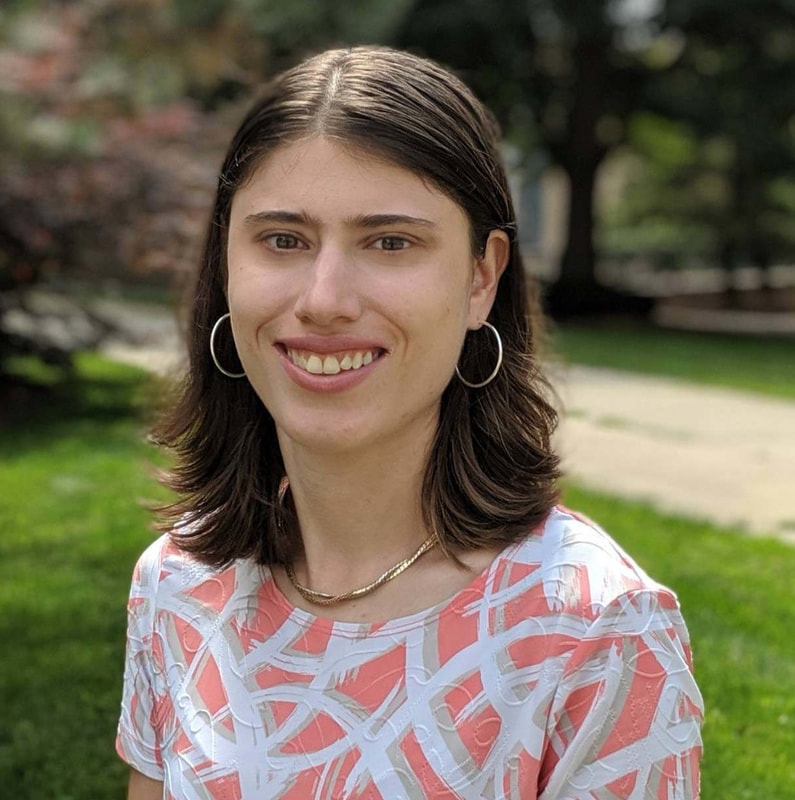Each fall, the Association of Science Communicators asks you – the professional SciComm community – to submit ideas for conference talks, workshops, and panels. After we review them for credibility & appropriateness, we reach out to you again for your opinion on those submissions – we invite you to vote for the sessions that most excite you. Finally, we comb through the votes and intentionally select presenters to represent the current priorities of our community.
We call this a “curated unconference”: “unconference”, because sessions are proposed and voted on by the community, but “curated”, because we carefully discuss each session idea, where it falls in the voting, and several other factors to finally arrive at the engaging line-up for each SCIENCE TALK event. You can read more about the conference program model in this previous post by Kiki Sanford.
For SCIENCE TALK ’25 we received a record number of session ideas. It’s exciting to see our community grow, and that so many of you want to share your great work! It’s also challenging, because we don’t have room in the program for all of the great ideas you submitted. We want to be transparent about the selection process and provide insight to those who weren’t selected for a session this year, or who plan to submit a session idea for future years. So here goes… a peek behind the curtain on our deliberation process.
We evaluate each session idea based on our core values:
- By the community, for the community. The SCIENCE TALK program should reflect what you want – that’s why we ask you to vote! We carefully consider the sessions with the highest vote totals.
- Maximizing participation. Our conference program is tight; we pack a lot into each day but it seems like there’s never enough time. So, although you can submit as many session ideas as you want – we want variety! – we will invite each person to only present one formal session. The more the merrier on posters and science art!
- Diversity and inclusivity. We want SCIENCE TALK to represent society. To help achieve that goal, we intentionally work to ensure our invited presenters are from diverse backgrounds, including those traditionally under-represented in science communication. We also look for sessions that highlight accessibility and reach diverse audiences, such as scicomm for non-native English speakers or engagement with faith-based communities.
- Topic variety. Just like we want to include as many presenters as possible, we also want to offer sessions that speak to different topics and interests. Sometimes we receive multiple ideas for similar sessions. In these cases, we consider the voting, the content, and the presenters, in order to select one session for invitation.
- Professionalizing the field. Through the annual SCIENCE Talk convening, science communication will mature into a more connected community and grow as a respected profession. Program content sourced from you will help meet the needs of different professional roles and experience levels. Early-career science communicators will see the potential in the field they’ve entered, and veterans will gain the professional development they seek. When you prepare your session idea, consider the public information officer with 10 years of experience; what take-aways or lessons will they gain from your session? Will they learn a new skill, or connect research and practice in a new way?
- Bridging Research & Practice.The field of science communication will benefit from evaluating itself and its practices. Therefore, we keep an eye out for sessions that highlight SciComm research and assessment.
As we build this community for all science communicators, we also want to focus on topics that matter most for science and society, and how we as fellow science communicators can meet the need for informed conversations around the impacts of science on our lives. During 2020 and 2021 we featured sessions on pandemic communications; a topic that never crossed our minds in prior years. In 2023, the NASA communications team spoke about the 20-year saga of managing media for the James Webb Space Telescope. Where do we need to focus in the future to ensure science communication – and us as practitioners – play a central and effective role in society?
A final note – ASC is excited to expand our year-round session offerings, featuring more workshops, panels, and courses in addition to the SCIENCE TALK conference. Do you have an idea for a virtual event to further connect the science communication community? You don’t need to wait for conference time; submit your idea today. Let’s build our community together!



Leave a Reply